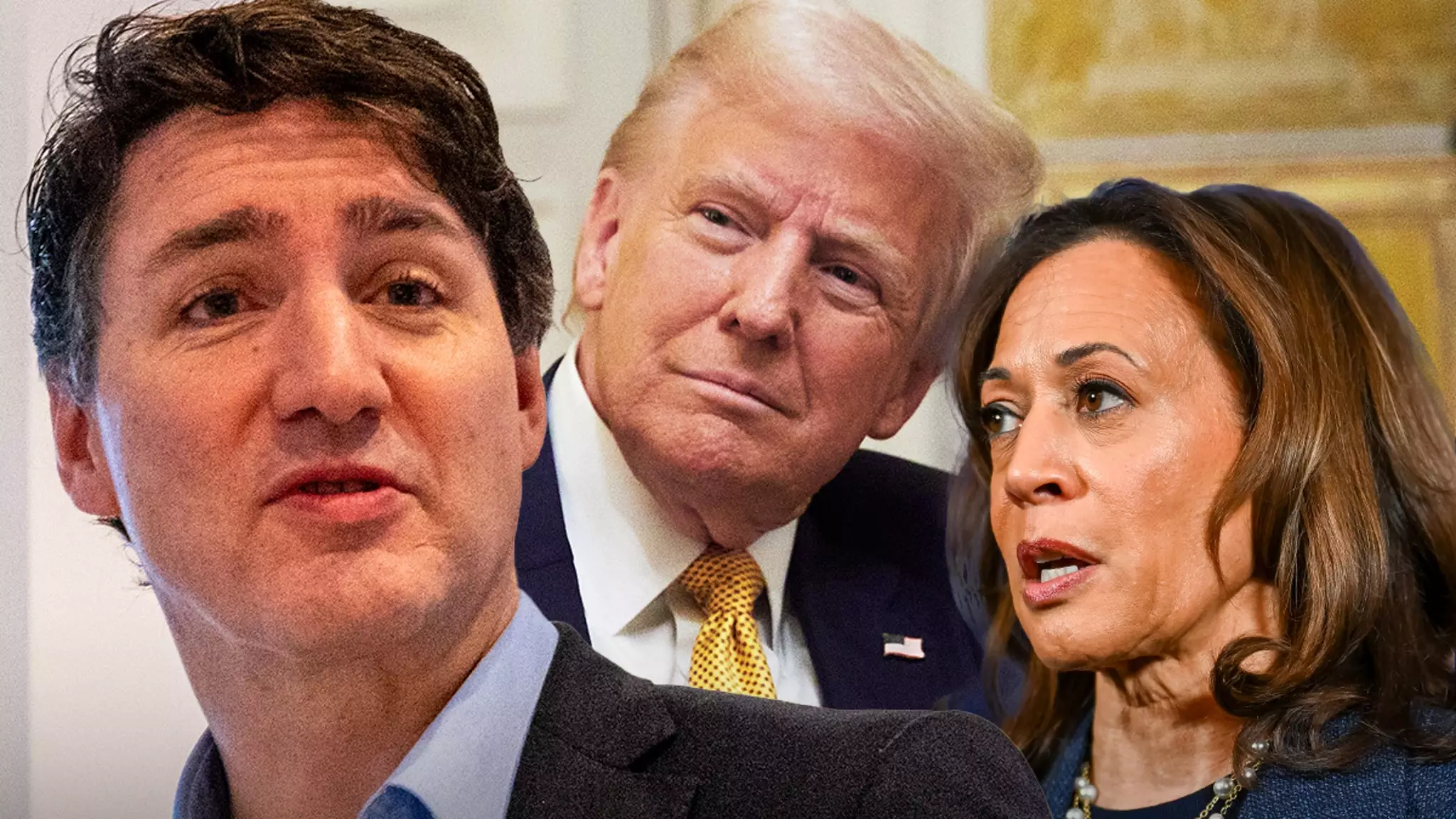At a recent event hosted by the Equal Voice Foundation, Prime Minister Justin Trudeau made notable remarks regarding women’s rights and political representation. The event was aimed at discussing the importance of gender equality in governance. Trudeau took this opportunity to critique the political climate in the United States following the election of Donald Trump, suggesting that the trajectory of women’s rights had not advanced under his presidency. By referencing Kamala Harris, Trudeau pointed to a missed opportunity for female leadership, contrasting it sharply with Trump’s administration.
Trudeau’s assertions revealed deep-seated concerns about global feminist movements. He suggested that the defeat of Harris, the first woman of color nominated for a major party’s presidential ticket, represents a regression in progress for women’s rights. He painted a picture of a nation where women’s rights were expected to grow steadily, yet Trump’s election was viewed as a significant setback. This commentary not only reflects Trudeau’s position on gender issues but also highlights a broader clash between Canadian and American social values regarding feminism.
However, it is crucial to recognize that Trudeau’s narrative may overlook complexities within the U.S. electoral landscape. Notably, Trump garnered a substantial 45% of the female vote, challenging the notion that all women uniformly oppose his administration. This statistic brings up important questions about the diversity of women’s views and the multifaceted nature of political allegiances.
Trudeau’s remarks serve a dual purpose: advocating for women’s rights while strategically positioning Canada on the global stage. His relationship with Trump is fraught, making it necessary for him to navigate their political dynamics carefully. The accusations surrounding Trump, such as linking Trudeau to conspiracy theories about his heritage and referring to him dismissively as the “governor” of Canada, add layers of complexity to this diplomatic relationship.
Trudeau is not merely making a statement about feminism here; he’s making a calculated move to delineate Canadian values from those represented by Trump. This underscores the importance of international rhetoric in shaping perceptions and policies related to gender equality. Nevertheless, such commentary may also complicate future cooperation between the two leaders, particularly on issues where mutual interests overlap.
Trudeau’s comments reflect his commitment to feminism and highlight the stark differences in political ideologies between Canada and the U.S. While he strives to frame his positions in support of women’s rights, he must also reckon with the fact that opinions on such matters are not monolithic. The conversation around gender representation in politics is more nuanced than ever, and leaders worldwide must recognize the diverse narratives that exist within these discussions. As global politics evolve, it remains imperative to foster dialogue that amplifies women’s voices across all spectrums. Trudeau’s stance, although focused on critique, opens a necessary dialogue on the state of feminism in an international context.

